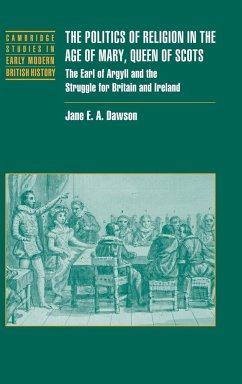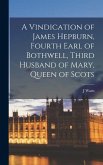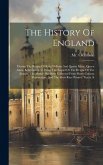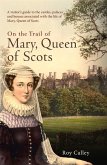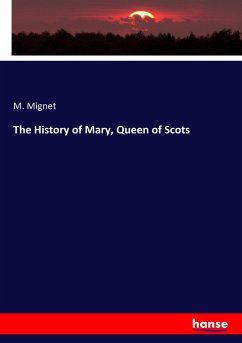Early modern historians have theorised about the nature of the new 'British' history for a generation. This study examines how British politics operated in practice during the age of Mary, Queen of Scots, and explains how the crises of the mid-sixteenth century moulded the future political shape of the British Isles. A central figure in these struggles was the fifth earl of Argyll, the most powerful magnate not only at the court of Queen Mary, his sister-in-law, but throughout the three kingdoms. His domination of the Western Highlands and Islands drew him into the complex politics of the north of Ireland, while his Protestant commitment involved him in Anglo-Scottish relations. His actions also helped determine the Protestant allegiance of the British mainland and the political and religious complexion of Ireland. Argyll's career therefore demonstrates both the possibilities and the limitations of British history throughout the early modern period.
Table of contents:
Prologue: 1560: British policies and the British context; 1. Argyll's life and character; 2. Semi-sovereign prince; 3. The creation of a British policy, 1558-60; 4. The collapse of amity, 1561-65; 5. The reconfiguration of British politics, 1566-68; 6. The withdrawal from British politics, 1568-73; Conclusion: the earl of Argyll and British politics in the age of the three kingdoms; Chronology, 1558-73.
This book explains how the political crises of the mid-sixteenth century moulded the future political shape of the British Isles. Its central figure is the fifth earl of Argyll, the brother-in-law of Mary, Queen of Scots, and the major force throughout the Scottish Highlands and Lowlands.
An original study in Scottish and British sixteenth-century political history.
Table of contents:
Prologue: 1560: British policies and the British context; 1. Argyll's life and character; 2. Semi-sovereign prince; 3. The creation of a British policy, 1558-60; 4. The collapse of amity, 1561-65; 5. The reconfiguration of British politics, 1566-68; 6. The withdrawal from British politics, 1568-73; Conclusion: the earl of Argyll and British politics in the age of the three kingdoms; Chronology, 1558-73.
This book explains how the political crises of the mid-sixteenth century moulded the future political shape of the British Isles. Its central figure is the fifth earl of Argyll, the brother-in-law of Mary, Queen of Scots, and the major force throughout the Scottish Highlands and Lowlands.
An original study in Scottish and British sixteenth-century political history.

